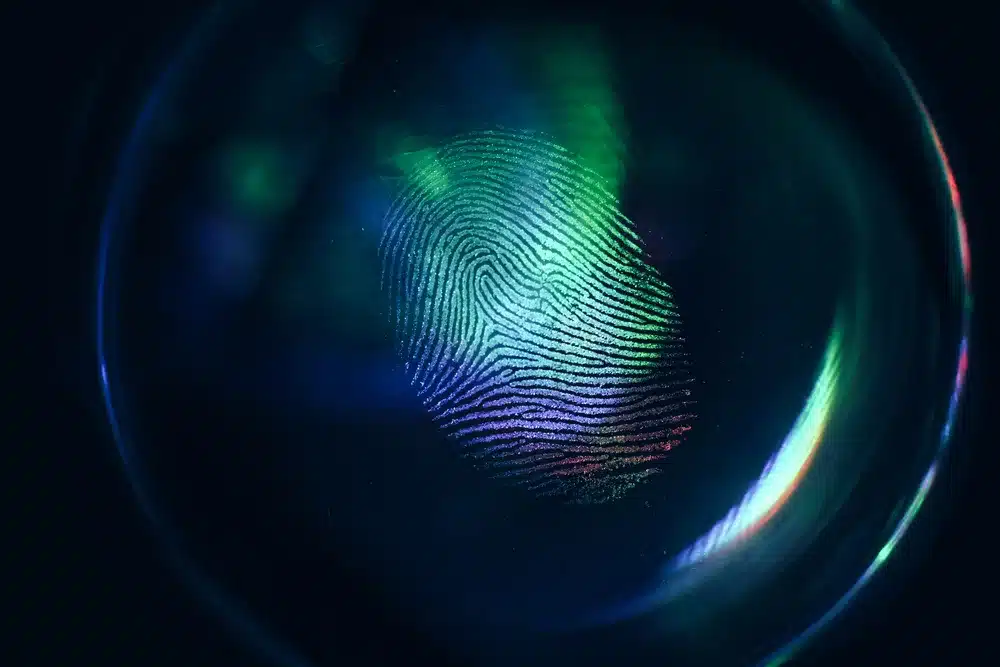Why study this Introduction to Forensics course?
If you’re passionate about law, justice, or criminology, then this online Introduction to Forensics course is for you.
What will you learn?
Introduction to Forensics provides students with a broad and comprehensive overview of how forensics is used in the criminal justice system. You will develop an understanding of how forensic science and the law work together to solve crime. The science of evidence collection, and how this evidence is analysed, are also covered in this course. Students learn about the links between crime and psychological disorders. In addition, you will study criminal profiling, presenting evidence in courtrooms, and how ethical issues can affect the use of forensics in criminal cases.
Who is this online Introduction to Forensics course for?
If you are a practicing lawyer, law enforcement officer, justice official, paralegal, or other professional within the field of law and justice, this course is designed to help you upskill. You will develop a deeper understanding of how the science of forensics applies to your professional. The knowledge you learn will make you a highly skilled practitioner with specialist knowledge, allowing you to advance in your career and pursue new opportunities.
In addition, anyone with a desire to learn more about the use of forensics in crime will benefit from studying Introduction to Forensics. This includes future university or college students looking for a head start on their studies. You will be introduced to concepts that are covered in tertiary and vocational courses, so you will be able to approach your studies with confidence.
Course Aims
- Define forensic science and its various offshoots.
- Describe the application of forensic science to the investigation of crimes and legal process.
- Explain crime scene investigations, different categories of evidence, and their collection procedures.
- Explain how different types of evidence are tested and analysed on site and in the laboratory.
- Explain the roles of individuals working in specialist forensic sciences and the services they provide.
- Understand theories underlying criminal behaviour in men, women and children.
- Explain psychological disorders and how this can relate to criminal behaviour in adults.
- Explain how assessment and data collection is used in forensic sciences, law enforcement and psychology to profile criminal offenders.
- Understand how evidence is presented in court and issues surrounding eye witness testimonies.
- Explain how ethical issues can influence collection of evidence, use of data and profiling.
There are 10 lessons in this course:
1. The Nature of Forensic Science
-
- Introduction
- What is Forensic Science?
- Laboratory Sciences
- Field sciences
- Digital services
- Forensic medicine
- Origins and Principles of Forensic Science
- Toxicology
- Anthropology
- Fingerprinting
- Bloodstains
- Ballistics
- Documents
- Criminalistics
- DNA Profiling
- Underlying Principles
- Expert Witness
2. Forensic Science and Law
-
- Scientific Principles
- Validity
- Feature Comparison Methods
- Problems with Validity
- Application of Forensic Science to Law
- Use of Evidence
- Relationship With Law
- Ways of categorising crimes
- What is Evidence: Direct evidence, Circumstantial evidence
- Introduction to Types of Physical and Biological Evidence
3. Evidence Collection
-
- Chain of Custody
- Crime Scene Investigations
- First Respondents
- Initial Assessment of the Scene
- Processing the Scene
- Collection of Samples
- Completion of Crime Scene Investigation
4. Analysis of Evidence
- The Purpose of Analysis
- Principles Underlying Analysis
- Statistical Analysis
- Human/User Error
- Correlation vs Causation
- Univariate Analysis
- Types of Evidence
- Laboratory Analysis
- Fingerprints
- DNA
- Blood
- Drugs & Toxicology
- Use of Laboratory Evidence
5. Specialist Forensic Services
- Civil vs Criminal Courts
- Types of Forensics Used
- Digital & Electronic Forensics
- Gathering Evidence
- Order of Volatility
- Forensic Pathology
- Forensic Anthropology
- Forensic Psychology
- Training in Forensic Psychology
- What does a forensic psychologist do?
6. Criminology
- Psychological Theories
- Psychodynamic Theory
- Behavioural Theory
- Social Learning Theory
- Cognitive Theory
- Moral Development
- Personality and Crime
- Intelligence and Crime
- Children and Crime
- Violence in Children
- Age of Criminal Responsibility
7. Psychological Disorders and Crime
- What Do We Mean By Mental Health Disorder
- Mental Health and Criminal Offences
- Causality
- Legal Aspects
- Types of Disorders and Crime
- Psychoses
- Personality Disorders
- Psychopathy
- Attention Deficit Hyperactivity Disorder (ADHD)
- Schizoid Personality Disorder
- Substance Use
- Mental Health in Children and Crime
- Conduct Disorder
- Oppositional Defiant Disorder
8. Criminal Profiling and Intelligence
- Criminal Profiling
- Role of Forensic Psychologists & Psychiatrists in Profiling
- Police Profiling
- Statistical Profiling
- Applications of Profiling
- Profiling Typologies
- Problems with Profiling
- Intelligence
- Intelligence Gathering
- Surveillance
- Tracking Offenders
- Crime Analysis
9. Presenting Evidence in Court
- Evidence
- Burden of Proof
- Admissibility of Evidence
- Admissibility and Forensic Evidence
- Witnesses and Delivering Testimony
- Expert Witness Testimony
- Eye Witness Testimonies
10. Ethical Issues
- Legislation vs. Legislature
- The Purpose of the Law
- The Purpose of Ethics
- Exercise: The Plank of Carneades
- Ethical Practice and Forensic Science
- Ethics as Protective
- A Note on Jury Tainting
- Chain of Custody
- Forensic Practice and Ethics
- Professional Responsibilities for the Psychology and Counsellor
- Conflicts of Interest
- Duty of Care
- Sexual Exploitation
- Group Counselling
- Children and Persons with Diminished Capacity
- Multicultural Issues and Respect
- Client Records and Confidentiality
- Dual Relationships
- Professional Consultation
- Mental Health and Psychology
- Labelling and Mental Health
- Ethical implications In Forensic Psychology
- Confidentiality
- Best Interests

